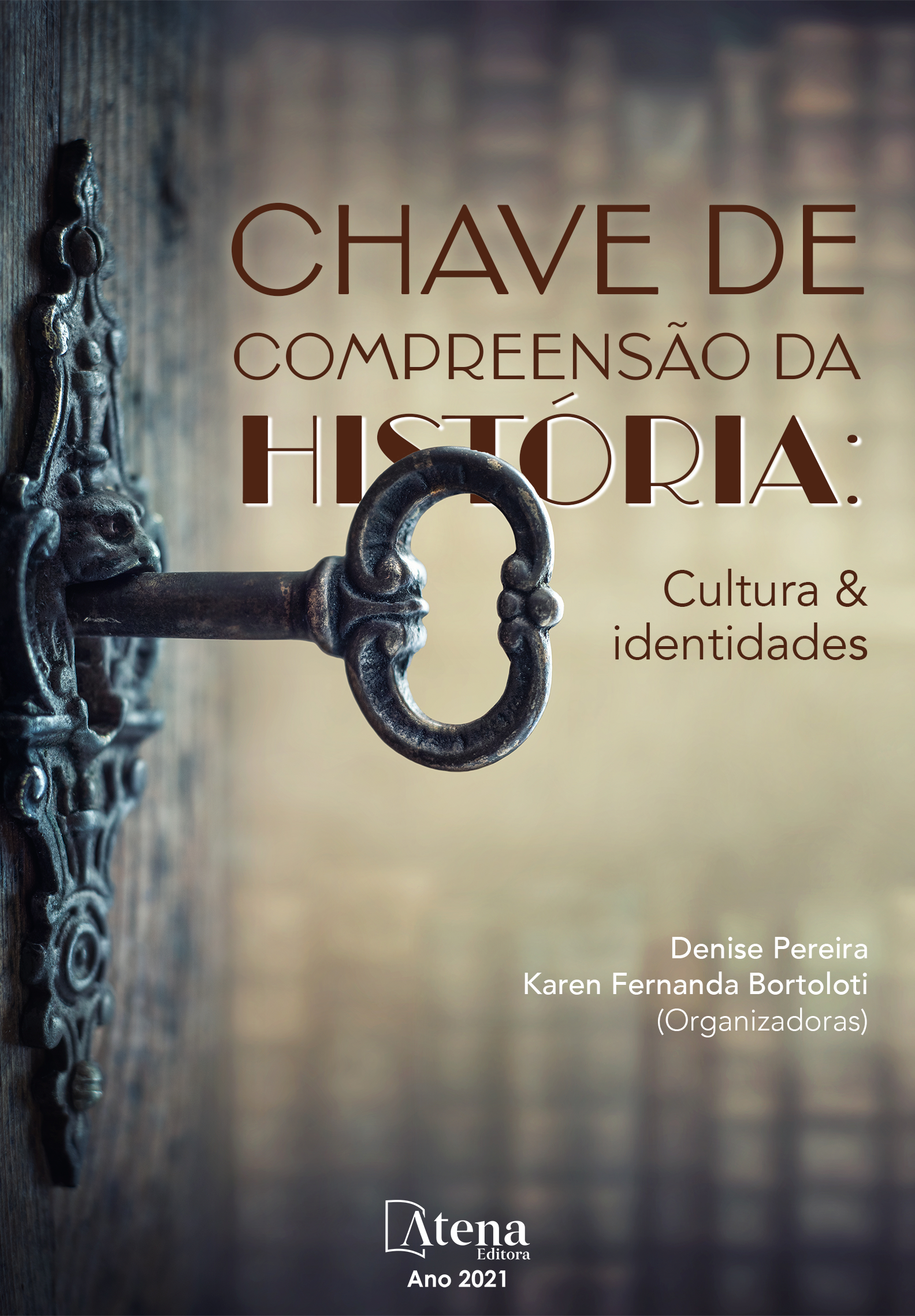
Intelectuais regionais e História Intelectual: indagações sobre usos, problemas e possibilidades.
A presente reflexão tem por interesse problematizar a categoria intelectual regional (e seus usos), pensando suas possibilidades, bem como seu lugar, no e para o campo da História Intelectual. Para tanto, parte-se empiricamente de um grupo específico, de intelectuais regionais, que fundou e integrou um círculo cultural (o Centro Cultural Euclides da Cunha - CCEC), na cidade de Ponta Grossa, no Paraná, em fins da década de 1940 e que teria sua maior atuação na sociedade local ao longo da década de 1950, num contexto de profundas transformações tanto próximas quanto gerais. Estes intelectuais autointitulados “jagunços do Pitangui” ou “euclidianos” movendo-se no magistério e na vida cultural da cidade, reivindicaram uma interpretação assentada sobre a tradição historiográfica (e sociológica), pautando uma leitura para a história brasileira não poucas vezes conservadora, apontando para possibilidades futuras do país. Suas opiniões, divulgadas através de um periódico vinculado ao Centro e que circulou entre 1950 e 1976 o “Tapejara” pareciam intencionar estabelecer um discurso acerca de uma suposta identidade regional, colocando-se, muitas vezes, contrariamente às orientações historiográficas, sociológicas e antropológicas do seu próprio período. Assim, observa-se a necessidade de se superar o emprego de noções preconcebidas de região/regional e de caracterizações naturalizadas, atentando-se, antes, para a própria construção destas categorias e para o papel desempenhado pelos chamados intelectuais regionais, através de suas produções e apropriações, principalmente em relação à elaboração de narrativas em torno dessas identidades regionais. Entendendo-se que intelectuais são agentes sociais vinculados espacial e temporalmente, retomam-se aqui as observações do antropólogo Luís Rodolfo Vilhena, bem como se busca dialogar com aspectos de uma historiografia latino-americana e, em especial, com a historiografia argentina que, desde décadas, vem discutindo aspectos relacionados com o tema, objetivando-se uma melhor apreensão e complexificação acerca destes agentes e seu papel (histórico) no cenário cultural regional e refletindo acerca das possibilidades de se pensar uma História Intelectual a partir de uma perspectiva regional ou regionalizada.
Intelectuais regionais e História Intelectual: indagações sobre usos, problemas e possibilidades.
-
DOI: 10.22533/at.ed.47221031210
-
Palavras-chave: História Intectual; História Regional; intelectuais regionais.
-
Keywords: Intectual History; Regional History; Regional Intellectuals
-
Abstract:
This reflection aims to problematize the regional intellectual category (and its uses), thinking about their possibilities, as well as their place, in and for the field of History Intellectual. To this end, it is empirically based on a specific group of regional intellectuals, who founded and integrated a cultural circle (Centro Cultural Euclides da Cunha - CCEC), in the city of Ponta Grossa, Paraná, in the late 1940s and which would have its greatest performance in local society throughout the 1950s, in a context of profound transformations both close and general. These self-styled intellectuals "jagunços do Pitangui" or "Euclidianos" moving in the magisterium and cultural life of the city, claimed a interpretation based on the historiographical (and sociological) tradition, guiding a reading brazilian history, which is not inthe very case, pointing to the possibilities future of the nation. Their opinions, published through a journal linked to the Center and which circulated between 1950 and 1976 the "Tapejara" seemed intended to establish a discourse about a supposed regional identity, often placing itself contrary to historiographical, sociological and anthropological orientations of his own period. Like thisit is observed the need to overcome the use of preconceived notions of region/regional and naturalized characterizations, rather than for the construction of these categories and for the role played by so-called regional intellectuals, through of their productions and appropriations, mainly in relation to the elaboration of narratives around these regional identities. Understanding that intellectuals are social agents spatially and temporally, the observations of anthropologist Luís Rodolfo Vilhena, as well as seeking to dialogue with aspects of a Latin American historiography and, in particular, with argentine historiography that, for decades, has been discussing aspects related to the theme, aiming at a better apprehension and complexification of about these agents and their (historical) role in the regional cultural scene and reflecting on possibilities of thinking about an Intellectual History from a regional perspective or regionalised.
-
Número de páginas: 13
- Erivan Cassiano Karvat


